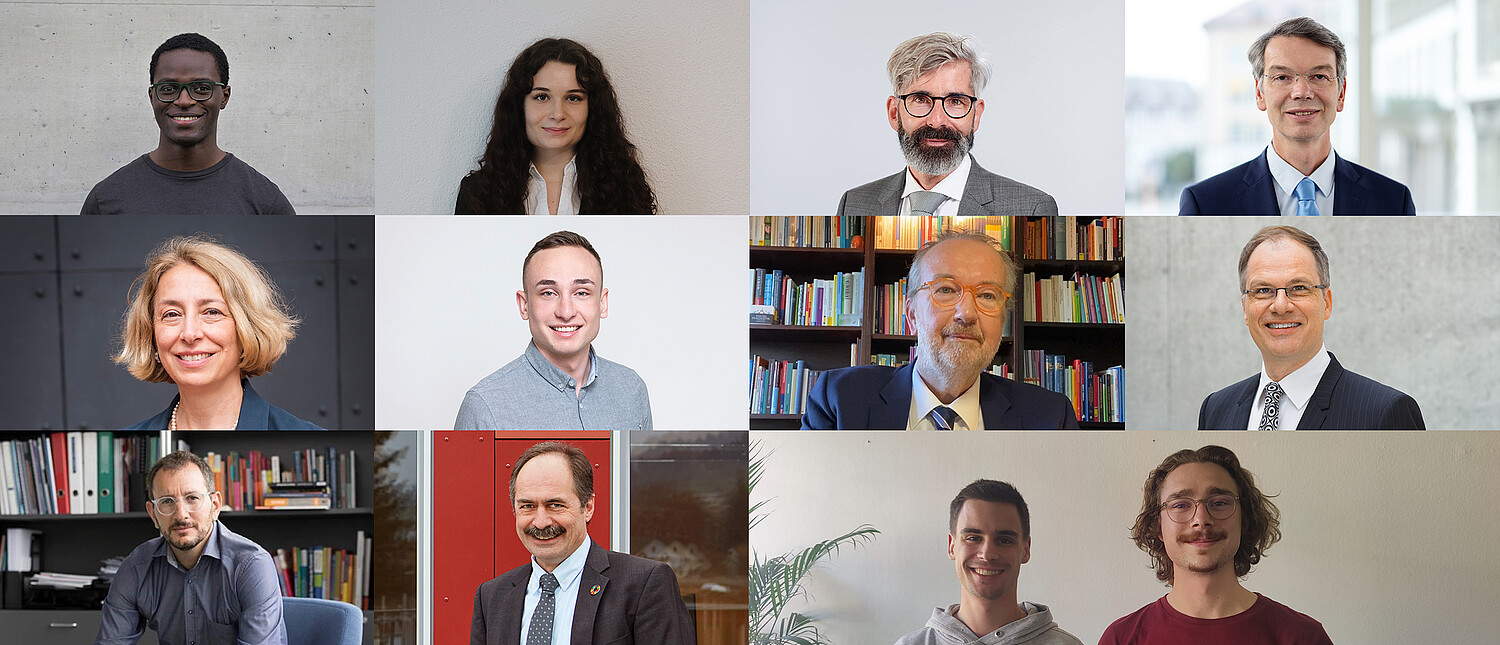
Building global bridges – what does that mean for you?
This is what the ZHAW-Impact university magazine wanted to know from members of the ZHAW Executive Board and students. Read the answers here.
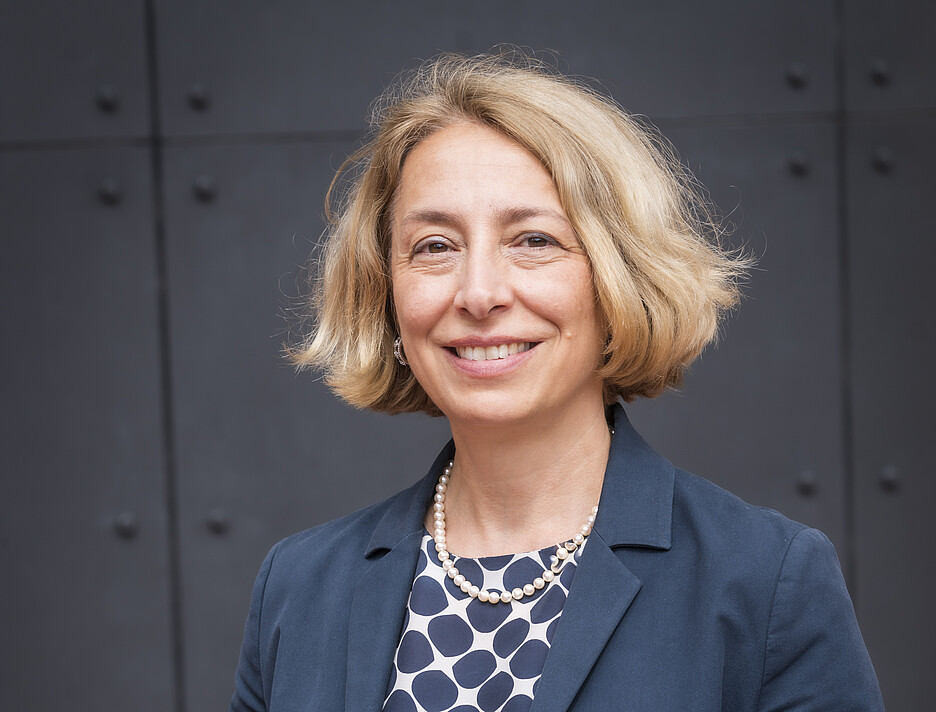
Professor Oya Atalay Franck, Dean of ZHAW School of Architecture, Design and Civil Engineering and Head of ZHAW Continuing Education | “The School of Architecture, Design and Civil Engineering is firmly rooted in Winterthur, not least on account of the Hall 180+ and the ′Sulzer Areal′, whose genius loci has contributed a great deal to the School’s identity for almost 30 years. Firm roots of this kind are important when it comes to building both local and global bridges – our partners greatly appreciate binding values and a clear stance. We always regard the experience we acquire from international collaboration as highly productive, not least because it highlights the diversity within a community in which we are able to learn a great deal from each other at different levels.“
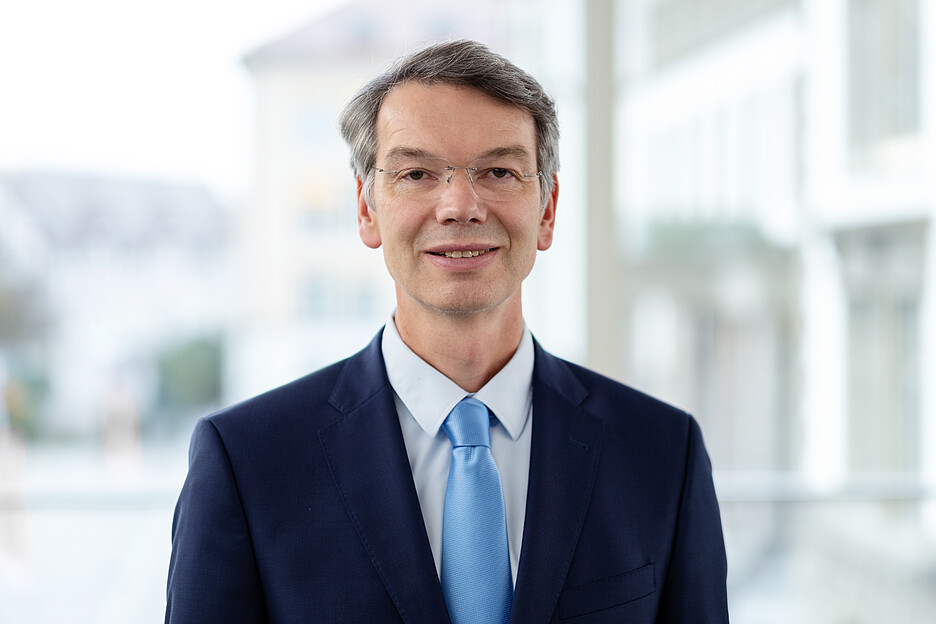
Professor Dirk Wilhelm, Dean of ZHAW School of Engineering | ″The last international bridge I have built, is between ZHAW School of Engineering and Victoria University of Wellington (UVW) in New Zealand. According to our digitalization strategy, we have founded a new Centre of Artificial Intelligence (CAI) at ZHAW that is seeking its counterpart in New Zealand. Victoria University of Wellington, on the other hand, intends to develop a Centre of Excellence in Data Science and Artificial Intelligence. My vision is to foster the cooperation between these two institutions by installing a bridge professor. This person will intensify our collaboration in Data Science and Artificial Intelligence on both sides of the globe.″
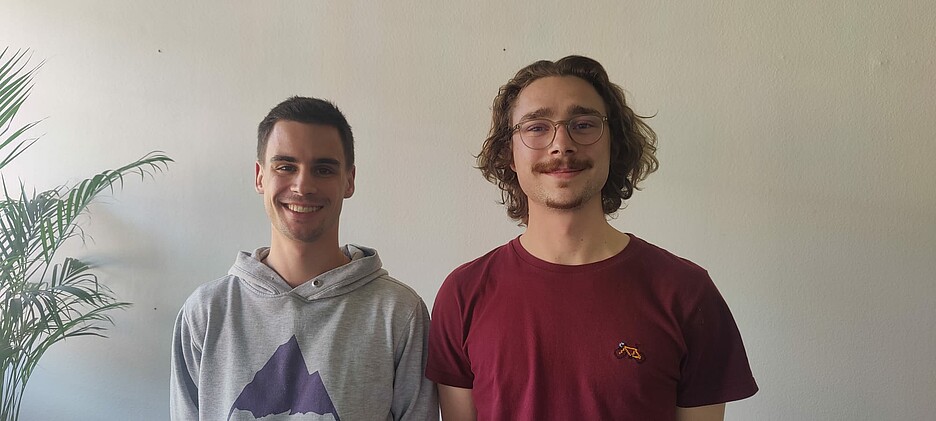
Serafin Curti (l.), CO-President of the ZHAW students' association ALIAS, Student of ZHAW Bachelor's degree programmes in Aviation, and David Götz, CO-President ALIAS, Student of ZHAW Bachelor's degree programmes in Applied Psychology | ″Building international bridges basically requires trust – on all sides. This trust must be lived and taught. The importance of trust is therefore also addressed in both of our Bachelor's degree programmes in Aviation (Serafin) and Applied Psychology (David). Ways of gaining trust are an integral part of our studies. At the beginning of bridge building, the trust of all parties is always at the centre. Without this basic trust, there is a risk that a bridge will become brittle and not long-lasting. A lot of persistence and strength is needed to live this trust. That is why we are committed to ensuring that trust-building measures are as low-threshold as possible in order to strengthen basic trust and achieve goals together. Not only in our study programmes, but also at ALIAS, the ZHAW students' association, in our workshops, seminars or discussions.″
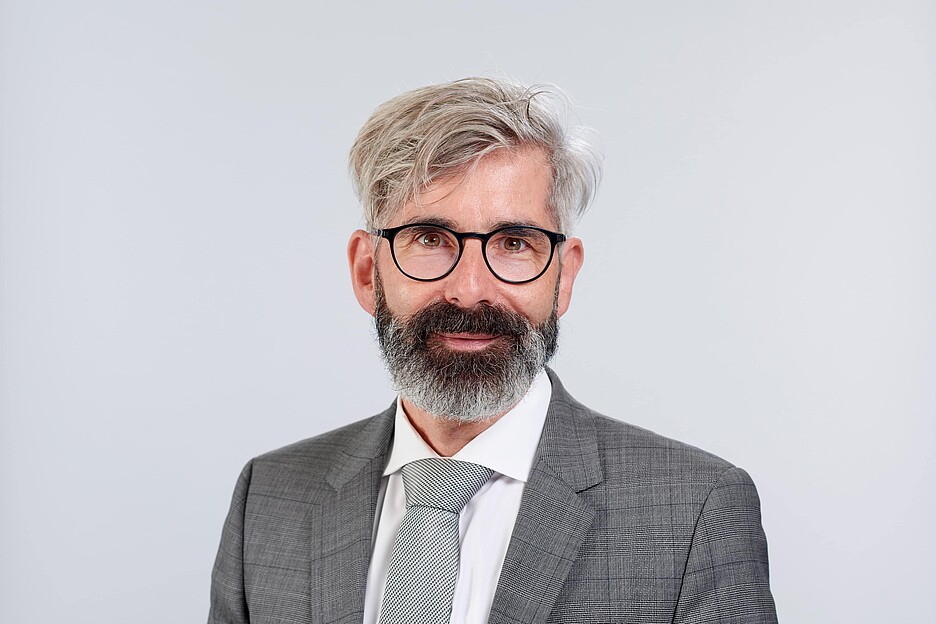
Andreas Gerber-Grote, Dean of ZHAW School of Health Professions and Head of ZHAW Research and Development | ″In times of man-made climate change and sustainability, global bridges are of the utmost importance. Yet, the way we build them, the way we maintain them will be totally different from the past. Traditionally, people met in person again and again to build trust and to establish the basis for a resilient relationship among experts, between universities, and in scientific societies. From now on, I assume, we need to exploit digital means much better to get in touch with colleagues and to build trustworthy global bridges. Daily intercultural dialogue will be the future challenge but at the same time it will be an enrichment and form the cornerstone to save our globe. Global bridges will become more and more metaphorical and at the same time essential.″
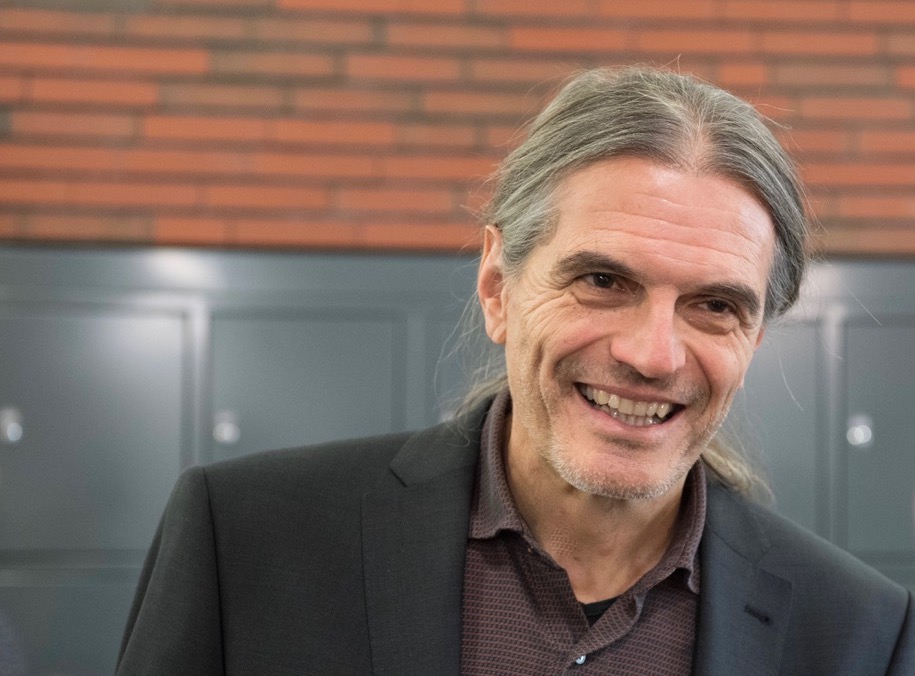
Daniel Perrin is Dean of the School of Applied Linguistics and Head of International Affairs | “Building the Swiss Global Competence Lab (SGCL) at our School of Applied Linguistics means fostering Swiss universities’ and their students’ potential to build sustainable global bridges. As a transdisciplinary innovation platform, the SGCL responds to trends and emerging needs in the internationalization of higher education in Switzerland. It also facilitates international collaboration and consultation with leading experts in the field, such as the Center for International Higher Education in Boston, USA, and the Network IoC Global in Action, Australia.”
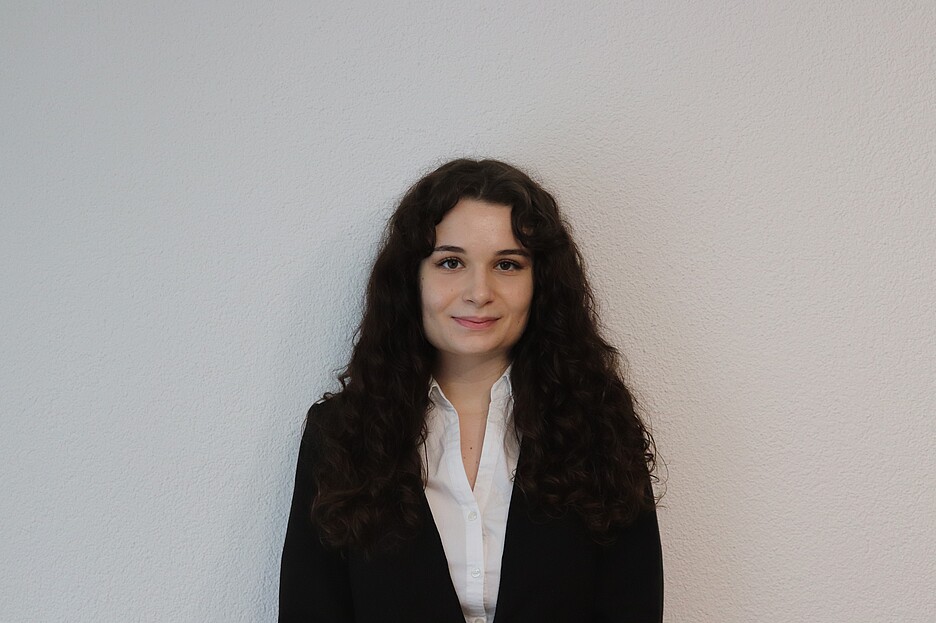
Chiara Stabile, Student of ZHAW Bachelor’s degree programmes in Applied Languages | “In my opinion, building global bridges plays an essential role in evolving society. Interacting with people from other cultures gives you a new perception of how to handle matters differently. These relationships broaden your perspective and may make you try out a new approach. Due to my bicultural background, I have always had the luck of experiencing cultural exchange. In my studies, this exchange has constantly increased. Personally, I highly value open-mindedness and expanding my horizon, so this bachelor’s degree is suitable for me. Nowadays, building global bridges is possible for everyone – thanks to social media. If you proactively try to gain new perspectives, this will improve your personal development.”

Professor Urs Hilber, Dean of ZHAW School of Life Sciences and Facility Management | ″In 1987, I became a member of a successful research team in the UK. The world of science opened up. In 1992, I joined the world-famous Cornell. I got to know the American way of life in its best sense and by working together with scientists from Cornell I learnt humbleness. In 2017, in the meantime I had mutated to a full-time administrator, my sabbatical allowed me to go back to where I had lived my happiest period in life – New England. I still have wonderful friends from 1987, 1992 and 2017. I love to think back to places I visited with Jeff and Andrew, bourbon I enjoyed with Wolfram and Renate, and lunch with Jonas and Francesco – building global bridges is all about making true friends.″
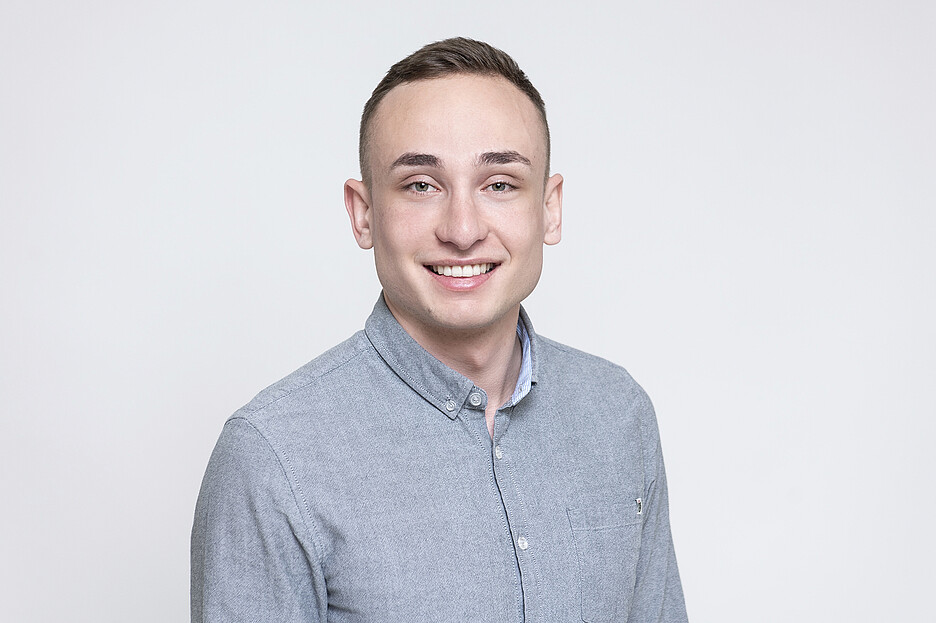
Severin Keller, Student of ZHAW Bachelor’s degree programmes in Architecture | ″A bridge is built to connect two sides and establish a relationship between them. It doesn’t matter if we’re talking about bridges built to cross a river or bridges between different groups of people. Sometimes the obstacle the bridge was built over is smaller, sometimes it’s bigger, sometimes it’s just differences and sometimes it’s more. The bigger the obstacle is, the more maintenance is needed to keep the bridge from collapsing. With today’s technology it’s easier than ever to build and maintain global bridges, and we should do so as often as possible because it allows us to learn from each other and get new perspectives.″
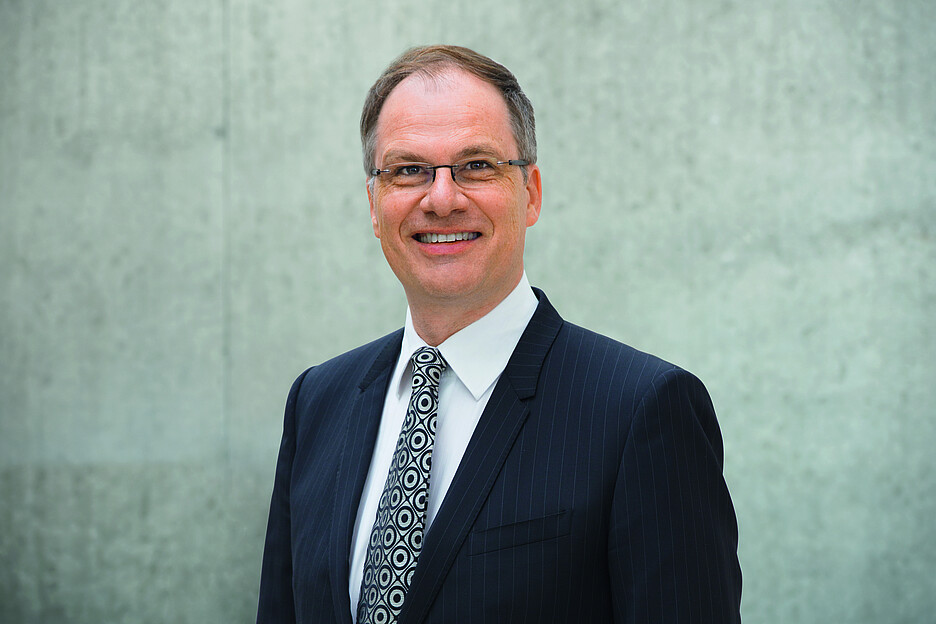
Professor Reto Steiner, Dean of ZHAW School of Management and Law and Head of Academic Affairs at ZHAW | “Building global bridges is about ensuring our students have the knowledge, attitudes, and intercultural skills that are required to compete successfully in the global world. It is about strengthening our international partnerships for the Faculty to conduct collaborative research. And it is about supporting and making a contribution to the international ambitions of businesses and organizations. The ZHAW School of Management and Law´s long-standing principle, “Building Competence. Crossing Borders”, underpins the quality of our educational programmes and research and reflects the School’s global mindset and aspirations. We have already built global bridges with more than 190 business schools and we will continue to cultivate partnerships to advance our aspirations.”
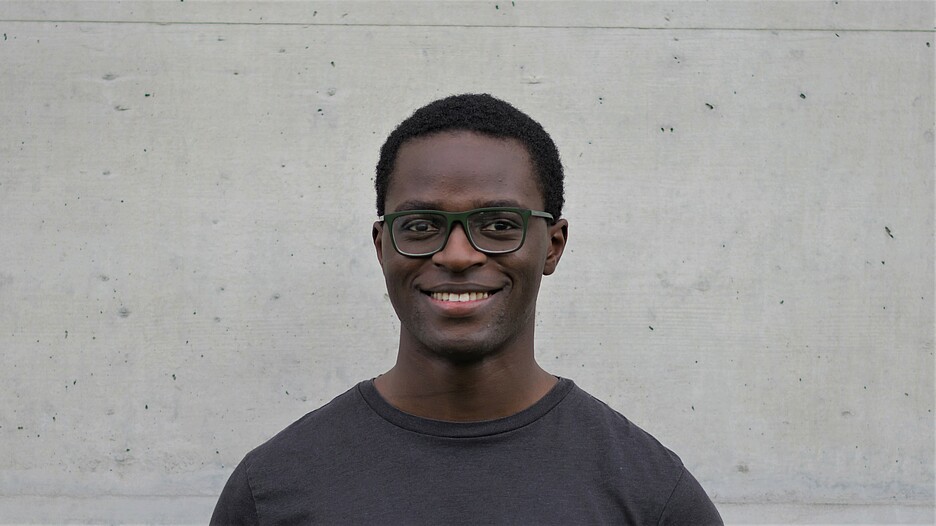
Jeremiah Agboola, Student of ZHAW Bachelor's degree programme in Computer Science and Co-Founder of the startup Paton | ″Building Bridges. Done both literally and metaphorically. A process that requires the builder to identify the points the bridge will interconnect and to have the knowledge to do so. It also reveals the importance of correctly planning the pillars’ structure and especially their location, that is the bases they will be built upon. Doing so globally, this is challenging due to differences in culture, language, etc. and forces the exit out of the comfort zone to establish a long-lasting connection. As an aspiring computer scientist, I will eventually receive the opportunity of building bridges when going forth with the young startup Paton as well as on my trip to Asia next year while working at the satellite office of my current employer.″
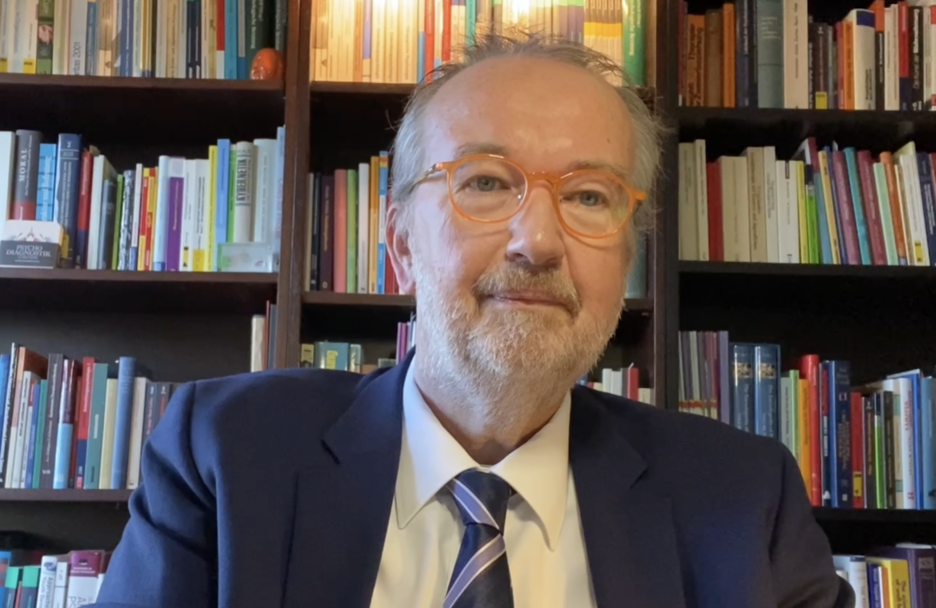
Professor Christoph Steinbach, Dean of ZHAW School of Applied Psychology | ″Innovation at universities thrives on networking internally and externally, on professional dialogue and personal interactions. The European and global network of professional associations and universities is indispensable for psychology as a science and profession. The pandemic in particular has shown that we can strengthen and support each other in this network. The issues of the future do not stop at national borders. This is another reason why we are working very specifically on expanding our strategic partnerships with universities in Europe and worldwide. But we are also involved in international professional associations, thus ensuring the sustainable development of science, the profession and society.“
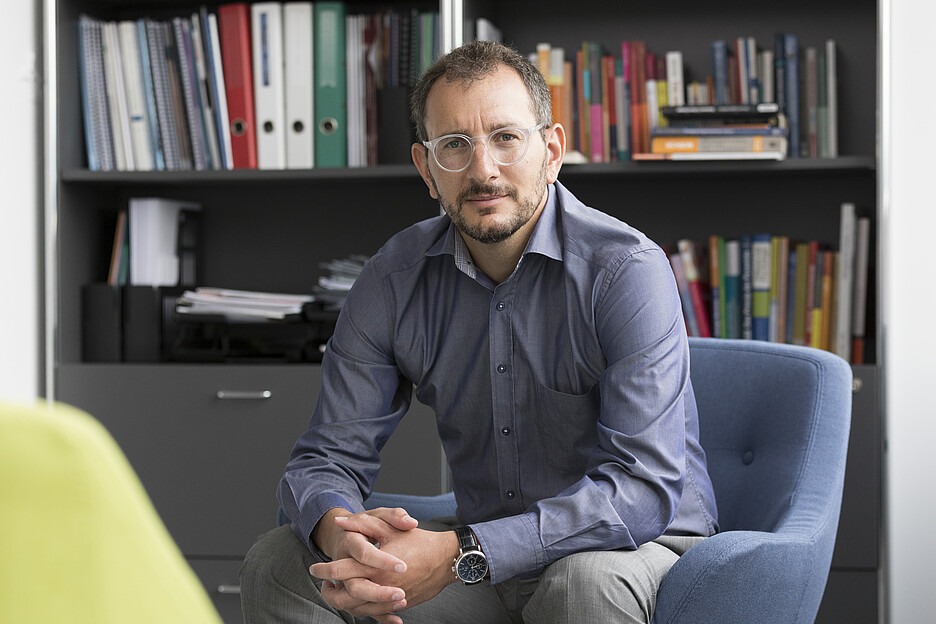
Professor Frank Wittmann, Dean of ZHAW School of Social Work | ″More than ever, our fast-changing world needs bridges between people, nations and societies but also between disciplines, professions and know-hows. All my life, I have tried to link people from different backgrounds and foster international and interdisciplinary collaboration. Nothing has had a stronger impact on my personal development than the experiences and encounters that evolved from these collaborations. As a member of a school of social work it is my vision to offer staff and students international immersions as an opportunity to let mutual understanding and tolerance grow across social and cultural differences.″
0 Comments
Be the First to Comment!